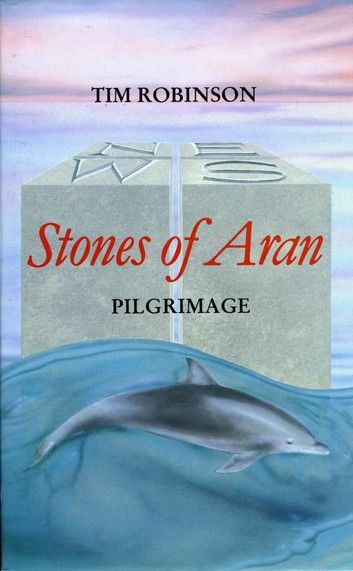'Stone of Aran: Pilgrimmage' is, as Robert Macfarlane says in his introduction, 'one of the msot sustained, intensive and imaginative studies of a place that has ever been carried out.' That place is one of the most mysterious and oldest inhabited landscapes in the world, the islands of Aran off the west coast of Ireland. Dsolate, storm-lashed limestone rocks, the islands have been meticulously cultivated for four thousand years, divided up into tiny plots of land that were worked with hard, unremitting labour. Fishing in the open Atlantic seas provided another, lethally dangerious, living. The people who lived there endured and left records in stone, story and oral tradition. Tim Robinson's epic exploratin of hte islands, which have already haunted generations of Irish writers, takes the form of a clockwise journey around the coast of Aran. Every cliff, inlet and headland reveals layers of myth and historical memory, and Robinson amkes beautifully crafted observations about the habits ofbirds, plants and humans. There are walls, cairns and ancient forts whose meaning and function is still not clear. And there is the relentless weather, and the strange properties of limestone, slowly dissolving in the rain. This is an unforgettable, uncategorisable book. 'The best book ever written by an Englishman about Ireland.' Jonathan Keates, 'Independent.' 'Aran is not just an island to him. It is an ultimate place ... It is a wonderful achievement.' Seamus Deane, 'London Review of Books'. 'Robinson deals with space the way Proust deals with time.' Sean Dunne.











